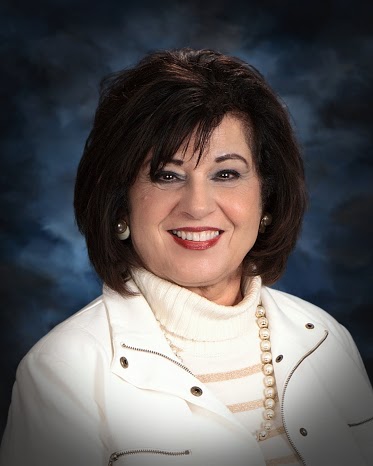Volunteer school board members deserve adequate training
Our public schools have long served as the nucleus and hub of communities throughout our state. As such, the decisions of volunteer school board members reach into the heart of a community, affecting jobs, resources and activities and, most importantly, impacting the educational opportunities of over 90 percent of Michigan’s school-age students.
To serve on a public school board, candidates must be at least 18 years old, a citizen of the state, resident of the district, a registered voter and eligible under the State Constitution. But, as many current and past school board members can attest, the job realities of serving on the board belie the minimal legal requirements.
“I am a farmer by trade, so when I started serving on our local school board more than 35 years ago, I quickly became aware of gaps in my knowledge base,” noted Michigan Association of School Boards President Ruth Coppens of Merrill, Mich. “So I looked for training in order to effectively serve my community and be a strong advocate for student achievement.”
Without this knowledge and awareness, school boards are potentially liable for infractions against state laws and statutes, such as the Open Meetings and Freedom of Information Acts.
A February survey of likely Michigan voters conducted by EPIC-MRA
on behalf of the Michigan Association of School Boards (MASB) showed overwhelming support for professional development and training for board members to meet these demanding roles and responsibilities.
Survey results revealed that nearly three out of four respondents — 74 percent — reported their belief that formal professional development instruction for school board members was either “essential” or at least “very important” (33 percent and 41 percent, respectively). Significantly, this sentiment cuts across all demographic subsets such as age, race, religion, region of the state, formal education level, income and party affiliation.
Perhaps more noteworthy are the results to the follow-up question asking those 74 percent who believed continuing education for school board members was at least “very important” if they favor or oppose legislation requiring a minimum number of such professional development credit hours. Eighty percent reported favoring legislation to require this professional development for school board members. Again, the supermajority result cuts across wide and disparate demographic subsets.
The proportions of the results in these questions are important — and somewhat rare — in that the overall takeaway from the results of the two questions reveal that a majority of respondents from all subgroups not only believe continued professional development for school board members is at least very important but, also, that it should be required.
With so much to learn and so much at stake in terms of raising student achievement and addressing districts’ academic and operational needs, almost half of the states across the country have pushed board training into law. Twenty-three states mandate training for both new and more veteran school board members according to the latest figures compiled in October 2012 by the National School Boards Association.
Among those states, nearly all stipulate the number of training hours and/or topics that must be included. For example, Minnesota mandates training in school finance and management for new board members. All board members in North Carolina must be trained in public school law, finance and the duties and responsibilities of local boards of education. Tennessee calls for all board members to participate in training in board and superintendent relations, advocacy, board policy and operations, vision and finance.
In addition to these topics, the other 20 states mandate training in labor law, the Open Meetings Act, student and school performance standards, freedom of information act laws, emergent and current education issues, curriculum and instruction, using data for decision-making and superintendent evaluations.
Currently, there are no professional development requirements for Michigan’s school board members, although MASB offers a voluntary certification program, classes and trainings to help board members stay on top of current issues and gain the technical knowledge necessary to do the job. Of the 4,063 active public school board members in the field today, 856 (21 percent) have completed the minimum level of fundamental training available through MASB.
Mandated or not, with such demanding responsibilities, it is important for board members to keep learning to be as effective as possible. And it is likewise important for citizens throughout our communities to speak up and show their support for continued and focused training, based on a district’s needs, for their locally elected school board representatives. Professional growth is a critical component for any job, especially one that oversees the education of our children and the responsible use of taxpayer dollars.
We need the best, brightest and most prepared teachers guiding our classrooms…and we need the best, brightest and most prepared school board members leading our school districts.
See what new members are saying about why they donated to Bridge Michigan:
- “In order for this information to be accurate and unbiased it must be underwritten by its readers, not by special interests.” - Larry S.
- “Not many other media sources report on the topics Bridge does.” - Susan B.
- “Your journalism is outstanding and rare these days.” - Mark S.
If you want to ensure the future of nonpartisan, nonprofit Michigan journalism, please become a member today. You, too, will be asked why you donated and maybe we'll feature your quote next time!


 Kathy Hayes is executive director of the Michigan Association of School Boards
Kathy Hayes is executive director of the Michigan Association of School Boards